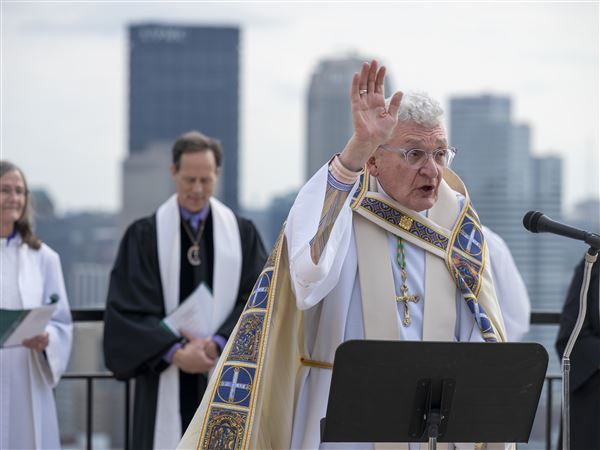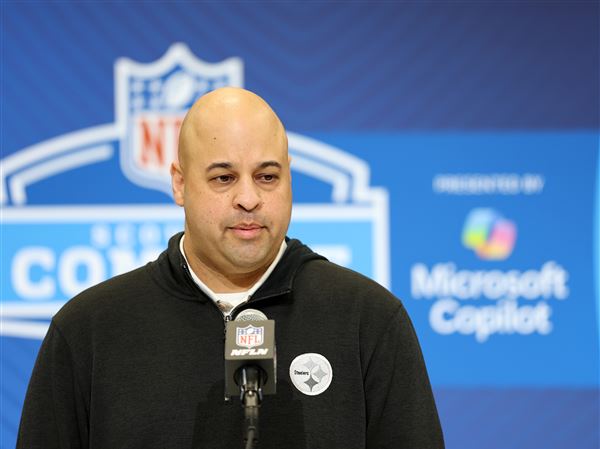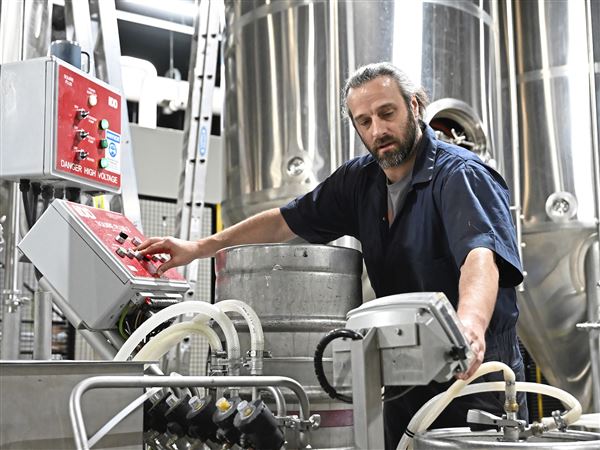HARRISBURG — As state legislators seek to address the heroin and opioid overdose epidemic, support appears to be growing for the idea of forcing some drug abusers into treatment.
The Senate’s highest-ranking Democrat this month introduced legislation that, if enacted, would let family members petition to involuntarily commit a relative to treatment. In the House, the Republican chairman of the Health Committee says he is preparing a separate bill that would allow involuntary treatment of a drug user after an overdose.
The proposals reflect what some say is a wave of despair fueled by an opioid epidemic rippling the state and the country.
“I heard from a number of folks throughout the commonwealth that have expressed to me that they feel helpless at times trying to get treatment options for a loved one,” said Senate Minority Leader Jay Costa, D-Allegheny.
The numbers have been sobering: Drug-related overdose deaths in Pennsylvania spiked 23.4 percent, to 3,383, from 2014 to 2015, according to the federal Drug Enforcement Administration. State officials have projected that the final tally for 2016 will be even higher.
Gov. Tom Wolf has made battling the opioid epidemic a priority. He has asked the Legislature for $10 million in the next fiscal year’s budget to expand access to naloxone, the drug used to revive people from overdoses.
But it’s not an issue divided along party lines.
“This is the first time I can recall in 25 years there seems to be a strong bipartisan level of support for some form of procedure by which individuals or families are able to pursue treatment for loved ones that need professional help,” said Rep. Matt Baker, R-Tioga, the Health Committee chairman who is building support for his own involuntary commitment bill.
The details of how such a law would be implemented and enforced are still evolving. Some critics have already emerged.
The American Civil Liberties Union of Pennsylvania said it will oppose Mr. Costa’s bill, which would allow involuntary drug-treatment commitments after a petition from a spouse or relative, an evaluation by a physician and a hearing.
While drug and alcohol addiction is a serious problem, ACLU spokesman Andy Hoover said, “We have concerns about this approach undermining people’s fundamental rights to liberty.”
He noted the bill does not define what kind of “imminent danger” a person must be in to qualify for involuntary commitment and that it allows for a single doctor to sign a statement that the person has an addiction.
David Hickton, who as U.S. attorney for the Western District of Pennsylvania made opioids one of his top concerns and co-chaired a national task force on heroin use, said a balance must be struck.
“The opioid battle has shown that many times parents are frustrated trying to get help for their kids, especially people who are in the throes of opioid dependence where they are resistant to the help they need,” Mr. Hickton said. “It’s a balance, but there is no liberty and there is no freedom once you die of a drug overdose.”
Deb Beck, of the Drug and Alcohol Service Providers Organization of Pennsylvania, said most people don’t enter treatment without some kind of push, whether from family members, doctors or employers.
“There’s no question that forced treatment can be effective,” Ms. Beck said. “The problem is we have no locked facilities in Pennsylvania, and frankly we don’t have much bed space at this point.”
Rep. Gene DiGirolamo, R-Bucks, who is an advocate for addicts and their families, said the concept is a good idea but echoed that it would face a challenge in the lack of secured treatment facilities for drug and alcohol addiction.
Mr. DiGirolamo has firsthand experience with trying to persuade a loved one to get help. His son was a heroin user, he said.
“We finally convinced him, after a long struggle, to get into treatment,” Mr. DiGirolamo said. “He’s 17 years in recovery. I know how frustrating for families this can be.”
Karen Langley: klangley@post-gazette.com; Twitter: @karen_langley.com.
First Published: February 20, 2017, 5:00 a.m.
















